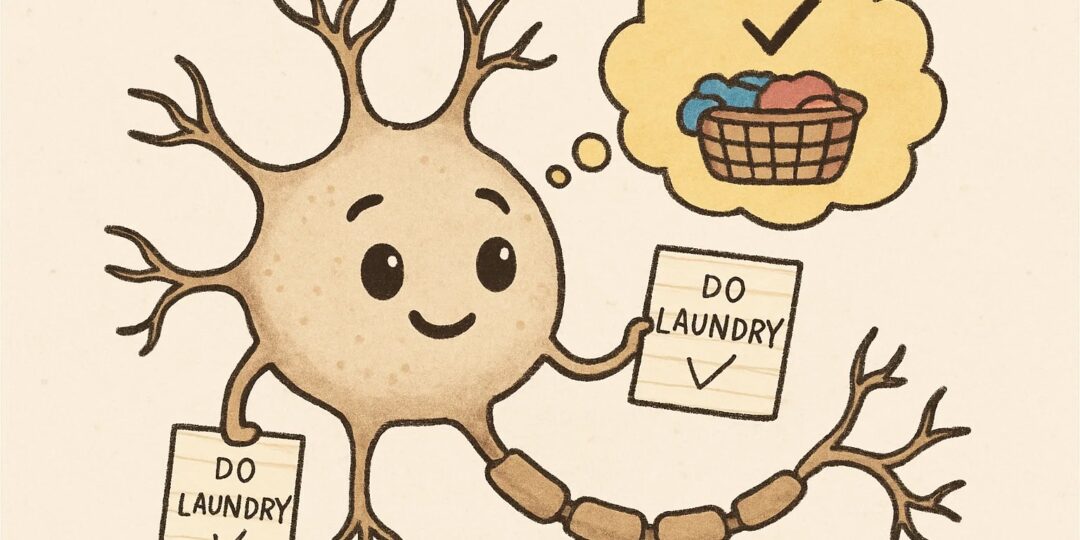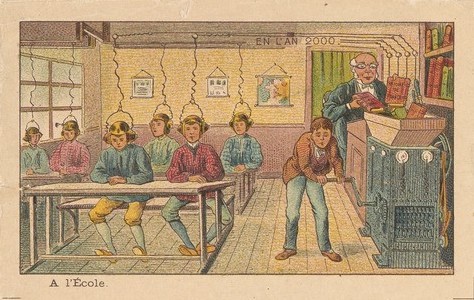The July 30 article in Quanta, What Can a Cell Remember?, reports on a striking experimental finding: kidney cells grown in a dish appear to “anticipate” regularly spaced pulses of chemical signals. When the pulses are paused and then resumed, the cells respond differently—suggesting, at first glance, that they “remember” what came before.
It’s a compelling observation. But the interpretation it invites—framed in terms of “memory”—raises some interesting questions about how we make sense of biological systems, especially in an era where cognitive metaphors are everywhere.
Continue reading



